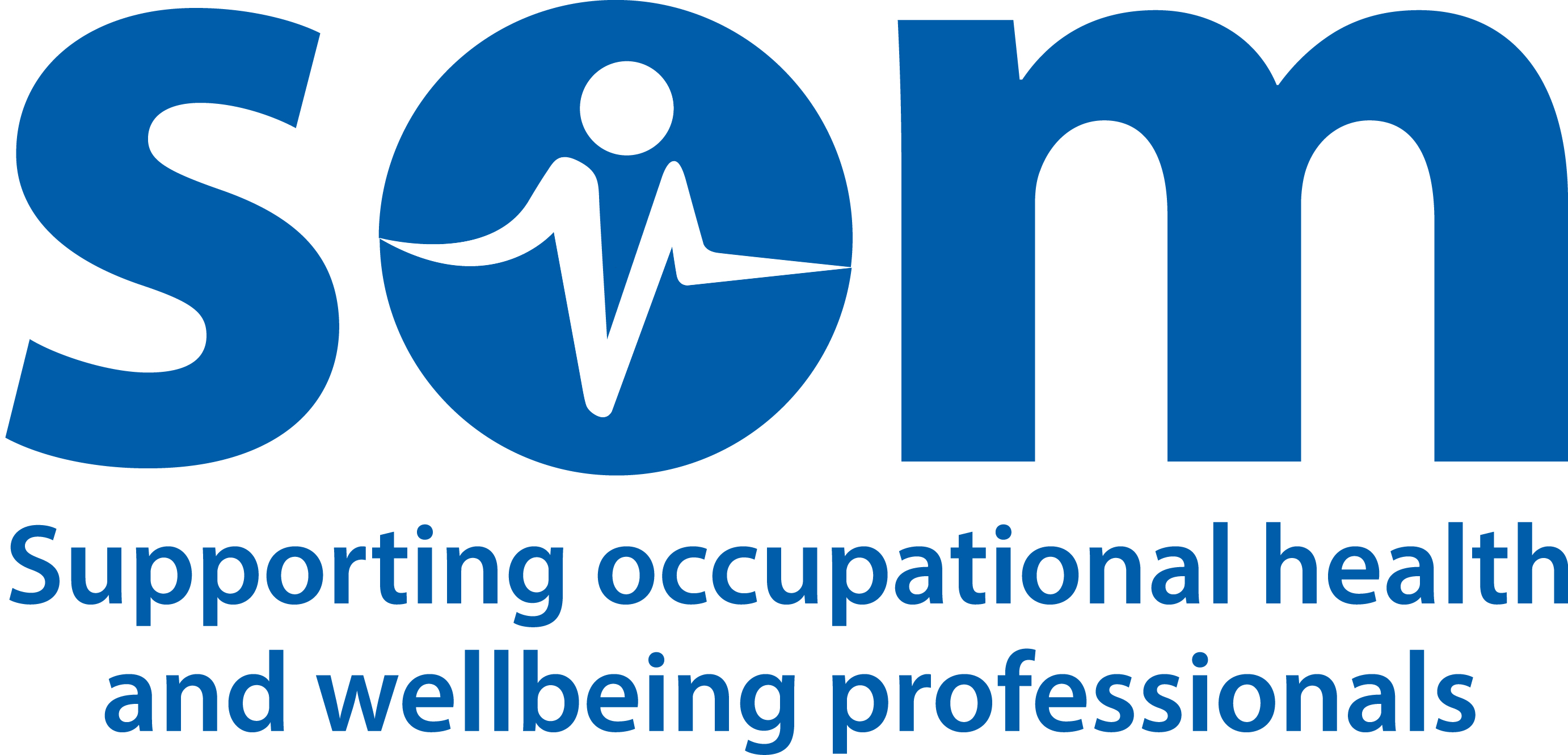
The Government has launched the consultation Occupational Health: Working Better. In parallel, HMT/HMRC have also launched the consultation Tax Incentives for Occupational Health. Organisations are encouraged to submit a response.
SOM welcomes the Government recognising occupational health (OH) as an evidence-based approach rather than non- evidence-based wellbeing initiatives that some businesses are currently spending on. SOM agrees that quality OH services have the potential to prevent work-related illness and avoidable sickness absence, prevent people falling out of work, support business productivity, potentially reduce pressures on the NHS, and support a reduction in economic inactivity because of health conditions. However, OH coverage across Great Britain is currently at 45% of workers, which is substantially lower than international comparators. OH must scale up, but quality must be assured. OH must be leveraged for health promotion and prevention in addressing the social determinants of health, rather than more of the same reactive case management.
Tax incentives may assist with scale up which requires a focus on behaviour change among employers and on the workforce. There are international examples of successful policies in this regard, such as in Japan, where OH infrastructure is utilised in non communicable disease prevention monitoring and risk reduction with financial penalties for employers that do not achieve targets. Relying on market incentives and legislation will not be enough on its own. SOM sees a linkup between the NHS (ICS) and a localised DWP service (e.g. using work coaches), with referral to OH once triaged, as the way to provide universal access for economically inactive people of working age, or those in employment that do not have access to OH through work.
A report published in July 2023 by the Health Foundation sets out that by 2040, the number of people living with major illness is projected to increase by 37%. This is nine times the rate of increase in the working age population. 3.5M of those projected to be living with major illness by 2040 will be of working age. There will be a widening disparity between government revenues generated and the cost of healthcare. Leveraging OH as a means of health promotion and prevention of ill health in context of the social determinants of health, as well as a means of closing the disability employment gap may prove essential to meeting the needs of the population, containing healthcare costs and keeping people of working age in work and contributing to government revenues.
Finally, fit notes are not being used effectively and this has not been addressed by recent policy change. Widening the group of healthcare professionals able to authorise fit notes has not helped improve use of the ‘may be fit for work section’ which is used <10% of the time. Barriers to effective use of the fit note include training, confidence, consultation time and patient perception around work and health, and the role of the fit note. A locally delivered, but nationally led work and health service could be responsible for fit notes, requiring IT data linkage and investment.
SOM will be holding a free webinar on the Government Consultation ‘Occupational Health: Working Better’ on Tuesday 26th September – register here.

